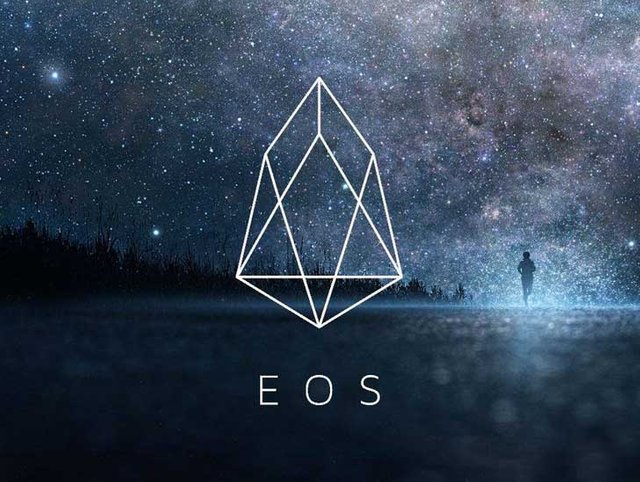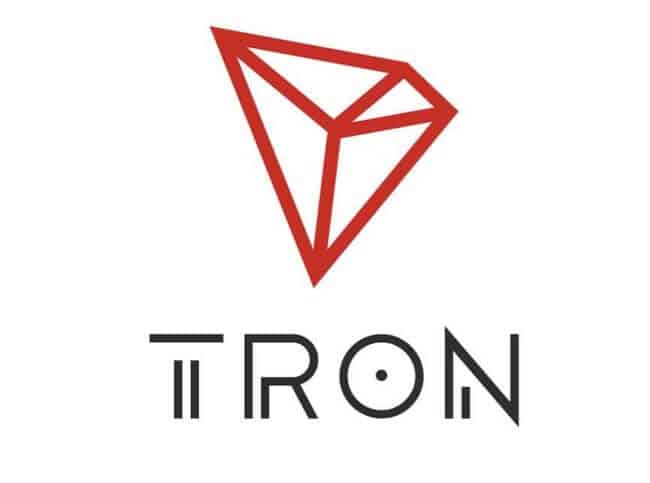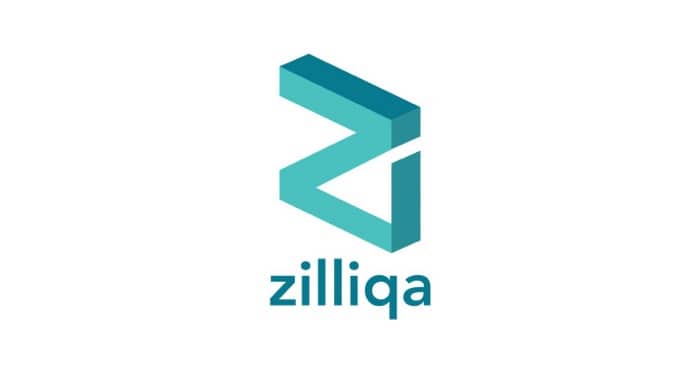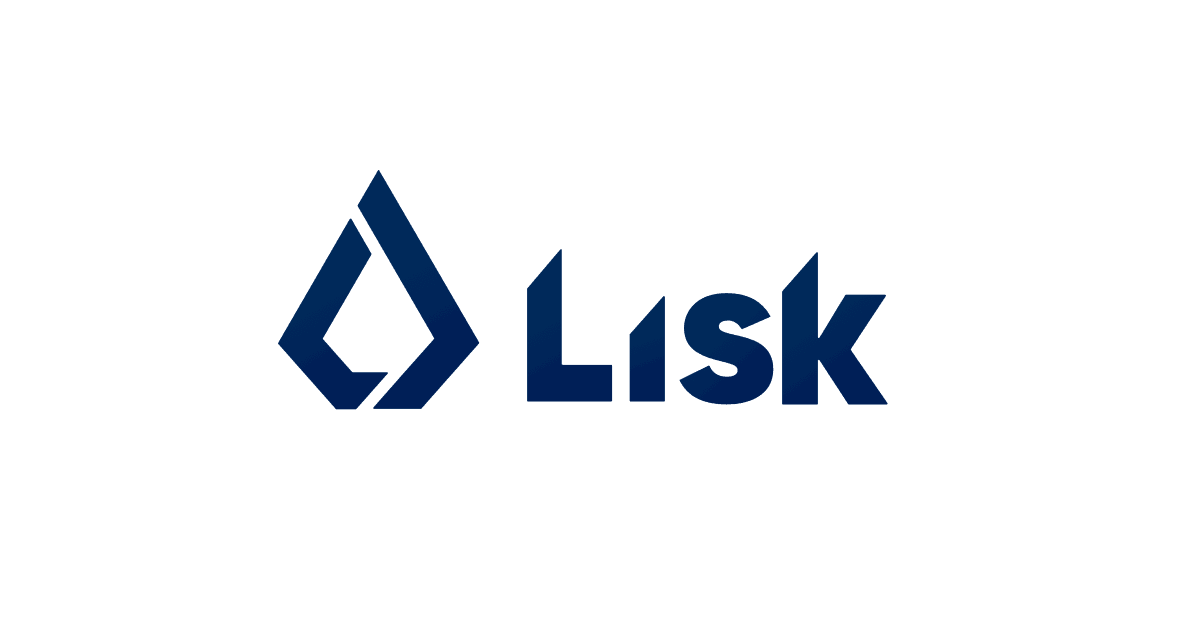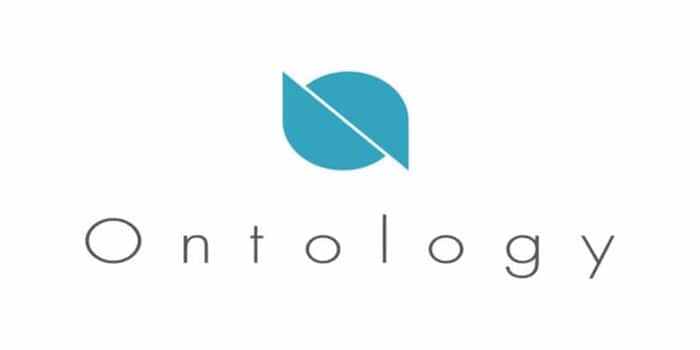7 Best Ethereum Alternatives To Look Up To In 2020
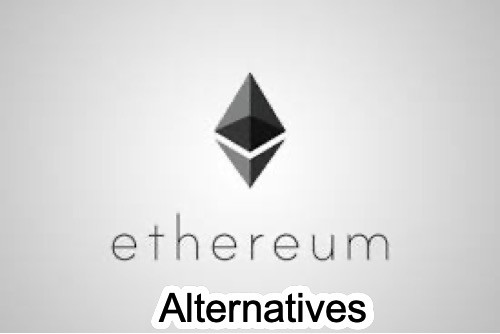
The launch of the Ethereum in 2015 was considered the turning point for the whole blockchain ecosystem. With its ability to create a smart contract and assist in the development of decentralized applications, it enabled large scale adoption of blockchain technology.
However, in recent times, Ethereum is lagging in several technical fronts, like the issue of scalability. Slow transaction speed combined with difficulties upgrading from proof of work (PoW) to proof of stake (PoS) consensus mechanism, making it a less lucrative option.
Ethereum might be the pioneer of smart contracts, but not the last option, at least. Therefore, let’s check out the viable alternatives and see how they stack up compared to Ethereum.
Best Ethereum Alternatives In 2020
| List Of Ethereum Competitors | Quick Buy Links |
| Cardano [Recommended] | Buy Now |
| EOS | Buy Now |
| Tron | Buy Now |
| Ethereum Classic | Buy Now |
| Zilliqa | Buy Now |
| Lisk | Buy Now |
| Ontology | Buy Now |
#1. Cardano
Cardano is one of the most exciting blockchain projects in the smart contract space. It comes with much-improved scalability, governance, inoperability, and security features compared to Ethereum.
It is not just any other project in the crypto space but built on scientific philosophy with a research-driven approach. The project is conceptualized by Charles Hoskinson, one of the co-founders of Ethereum, and was involved in its development.
Cardano describes itself as a third-generation blockchain, which aims to solve the three contentious issues of present-day blockchains viz., scalability, interoperability, and sustainability.
Compared to Ethereum, which uses the PoW consensus mechanism, Cardano uses the Ouroboros PoS algorithm, through which it addresses the issue of scalability.
The project is pure hardcore science and will be much more than a smart contract platform once the roadmap of Cardano is realized.
#2. EOS
Launched in June 2017, EOS is the much talked about blockchain project in the cryptosphere since its launch. It holds the record of the longest ICO of all time, a total of 350 days, in which it raised over $1 billion, making it one of the most successful ICOs in history.
The EOS project combines the security of Bitcoin and the functionality of Ethereum. It aims to become a decentralized operating system that can support the hosting and development of commercial-scale DApps.
The ultimate goal is to build a scalable platform that can support millions of transactions per second and allow creating smart contracts on top of it.
EOS uses a delegated PoS (DPoS) mechanism that helps it to prevent DAO attacks and block any faulty DApps by the elected block producers.
It is also working on EOS’s ownership model, which provides DApp developers with a predictable hosting cost that requires them to stake a certain quantity of EOS tokens, resulting in the elimination of transaction costs.
#3. Tron
Tron is a platform similar to EOS and Ethereum and is also one of the largest blockchain-based OS running in the world. Some of the technical features of the Tron network are:
High-throughput: Tron can consistently handle 2000 transactions per second (TPS), while Ethereum can only handle 25 TPS and 3-6 TPS in Bitcoin blockchain.
Highly-scalable: Application can be deployed in a wider variety of ways in the Tron network because of scalability and highly effective smart contract.
High performance: It incorporated a highly reliable network structure, and a high degree of decentralization consensus helps in an improved reward distribution mechanism.
Compatible with EVM (Ethereum virtual machine): The Tron virtual machine is compatible with EVM, which means, smart contracts on EVM can be executed on TVM.
Apart from DApp development, Tron DApps development services include the creation of smart contracts, node-setup, API integration, building decentralized exchanges, TRC-10, and TRC-20 tokens.
#4. Ethereum Classic
Ethereum Classic (ETC) is a result of a hard fork soon after the DAO attack on the Ethereum network in 2017. ETC follows the original vision of Ethereum and is also believed to be a better and cheaper option compared to Ethereum.
To describe ETC, it is a decentralized platform that runs smart contracts without any censorship, downtime, and third-party interference. It allows uncensorable smart contracts to be written, deployed, and executed on its network.
The primary difference between ETH, ETC is, ETC is not backward compatible. Therefore all the updates implemented on the Ethereum network will not apply to Ethereum Classic. And, it will continue to stay on proof-of-work consensus algorithm.
#5. Zilliqa
Zilliqa is a next-generation high throughput blockchain platform that supports smart contract functionality on a sharded network. It has tried to solve the issue of scalability through a completely new approach.
Zilliqa uses a hybrid PoW consensus mechanism that uses the Practical Byzantine Fault Tolerance consensus.
And, this consensus protocol helps Zilliqa to increase its network throughput every 600 nodes that join. For instance, the Zilliqa network on testnet achieved a performance of 1,218 TPS at 1,800 nodes. And, when nodes increased to 3,600, the throughput scaled to 2,488 TPS.
Going ahead, Zilliqa seems to be the perfect alternative for Ethereum due to its strong technological base and scalability.
#6. Lisk
Lisk is a different blockchain platform that simplifies the process of building and managing DApps and making it more accessible. Lisk enables developers to create, distribute, and deploy DApps on their sidechain linked to the Lisk network.
It has a different structure compared to other platforms, as it helps building and deploying DApps in JavaScript. Using Javascript, it has simplified blockchain development and also addressed the issue of talent crunch in blockchain development.
Lisk uses the delegated Proof-of-Stake or DPoS consensus algorithm.
And, through sidechain, which functions separately from the main chain, it enables developers to customize consensus algorithms, do network scaling, asset tracking, and release of new tokens/cryptos on testnet.
With Lisk, the founders tried to address the struggle of developers in building DApps and making it more accessible to people at large.
#7. Ontology
Ontology is launched in 2017 by OnChain, which also developed the highly successful NEO blockchain. Ontology is different from the NEO blockchain and describes itself as a high-performance blockchain platform that can provide DApps and smart contract systems.
It is created for businesses of all scales and sizes to benefit from the blockchain technology without impacting their existing operational system. The blockchain framework can support different public blockchain network and can customize them for different applications.
Ontology simplifies the blockchain adoption processes for businesses and has limitless potential. It bridges the gap between the digital economy and the real-world economy across different blockchains.
Conclusion: Best Ethereum Competitors To Watch In 2020
Other blockchain projects which can be considered as a viable alternative to Ethereum are:
- Qtum
- Waves Platform
- NEM
- Hyperledger Fabric
- Stratis
There are plenty of blockchain projects present in the market that offers the same functionalities that of Ethereum, but scouting for every other option will only make the thing look complicated.
Therefore, focusing on the top few options (those discussed here) will help you to make a better decision. And, in my view, Cardano, Zilliqa, Lisk, EOS are ahead of time.
If you want to share your thoughts, or have any questions regarding any platform, feel free to write to us in the comments below.
- Is Bitcoin Real Money?: Understanding Different Types Of Money - June 28, 2024
- Bitcoin Transaction Accelerator: 5 Services to Unstuck Your BTC - September 23, 2023
- What Is Bitcoin Private Key? Everything You Need To Know !! - June 2, 2023
Contents


